Introduce people to Jesus. You can't catch sin. But He can. He takes people's sins all the time and puts them on Himself.
What are some threats we evangelical need to be careful of?
[embed]http://vimeo.com/96195972[/embed]
Introduce people to Jesus. You can't catch sin. But He can. He takes people's sins all the time and puts them on Himself.
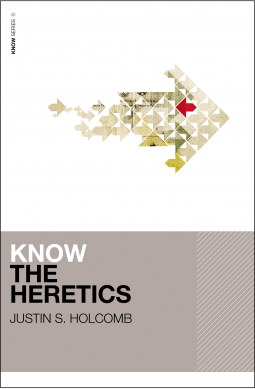 Why? Because these guys would be able to show you how you can go wrong. And so, an alternative title could be “Don’t repeat these mistakes again guys”. Living in an era where innovation and novelty is highly sought after, this book reminds us that sometimes new isn’t always better.
Why? Because these guys would be able to show you how you can go wrong. And so, an alternative title could be “Don’t repeat these mistakes again guys”. Living in an era where innovation and novelty is highly sought after, this book reminds us that sometimes new isn’t always better.
Preaching is (1) proclamation, explanation, and application (2) of the Word of God written, in relation to its integrating center—Christ, the only Mediator between God and man—(3) by a man called by God, gifted by the Holy Spirit, and growing in Christlikeness, (4) to people made in God’s image but alienated and marred by sin and its toxic byproducts (5) in the presence of God (6) to serve as the Spirit’s means of grace by which he replaces unbelieving hearts of stone with believing hearts of flesh, and then brings immature children of God into conformity to Christ, (7) to the glory of God in his church.
Does the reason why going to the house of God has become so distasteful to a great many of the population lie in this direction? I believe it does. Have our Lord’s servants been chopping up their own odds and ends and tainted bits to make therewith a potted meat for the millions; and do the millions therefore turn away? Listen to the rest of my parable.
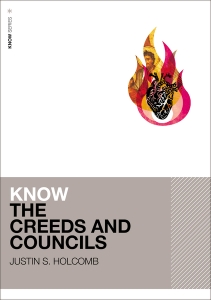 b first defines the various terms used in this book, creeds, confessions and catechism.
b first defines the various terms used in this book, creeds, confessions and catechism.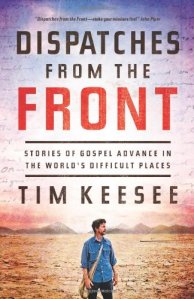 If you have read before “Young, Restless, Reformed: A Journalist's Journey with the New Calvinists” by Colin Hansen or “A God-Sized Vision: Revival Stories that Stretch and Stir” by Colin Hansen and John D. Woodbridge, the format of this book would be very familiar with you.
If you have read before “Young, Restless, Reformed: A Journalist's Journey with the New Calvinists” by Colin Hansen or “A God-Sized Vision: Revival Stories that Stretch and Stir” by Colin Hansen and John D. Woodbridge, the format of this book would be very familiar with you.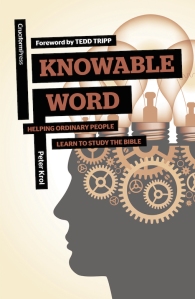
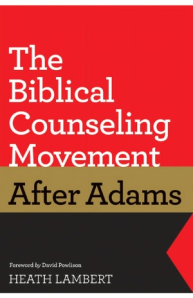 guess anyone who has read about Biblical Counselling would have known Jay Adams, Edward Welch, David Powlison, and many others. But few would know that the there are some differences between the first (Adams) and the second (Welch & Powlison) generation of biblical counseling.
guess anyone who has read about Biblical Counselling would have known Jay Adams, Edward Welch, David Powlison, and many others. But few would know that the there are some differences between the first (Adams) and the second (Welch & Powlison) generation of biblical counseling. This is really what the book is meant to do, take aim at everyone. Trueman writes in a wholesome manner, being able to be sensitive to the culture that we're in and also critical of what is happening, don't get me wrong, Trueman is not some cynical critic, but one that really does brings out pointers that we really ought to think about. What's included in this book:
This is really what the book is meant to do, take aim at everyone. Trueman writes in a wholesome manner, being able to be sensitive to the culture that we're in and also critical of what is happening, don't get me wrong, Trueman is not some cynical critic, but one that really does brings out pointers that we really ought to think about. What's included in this book: